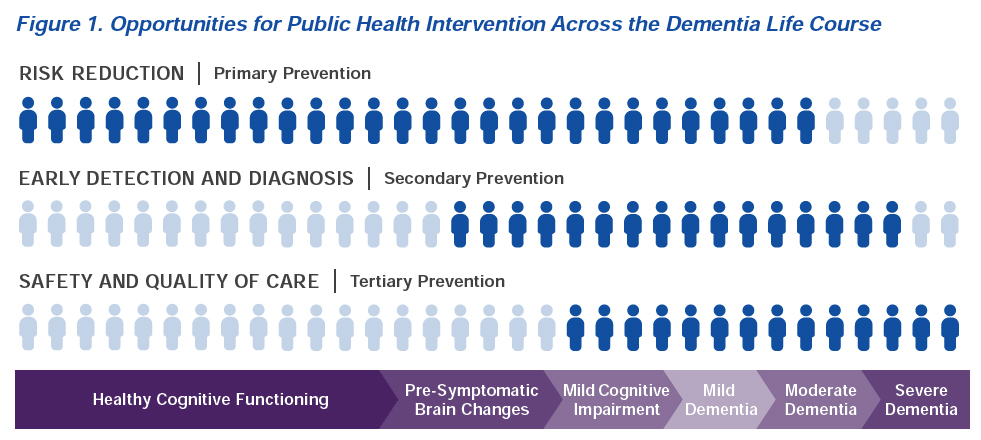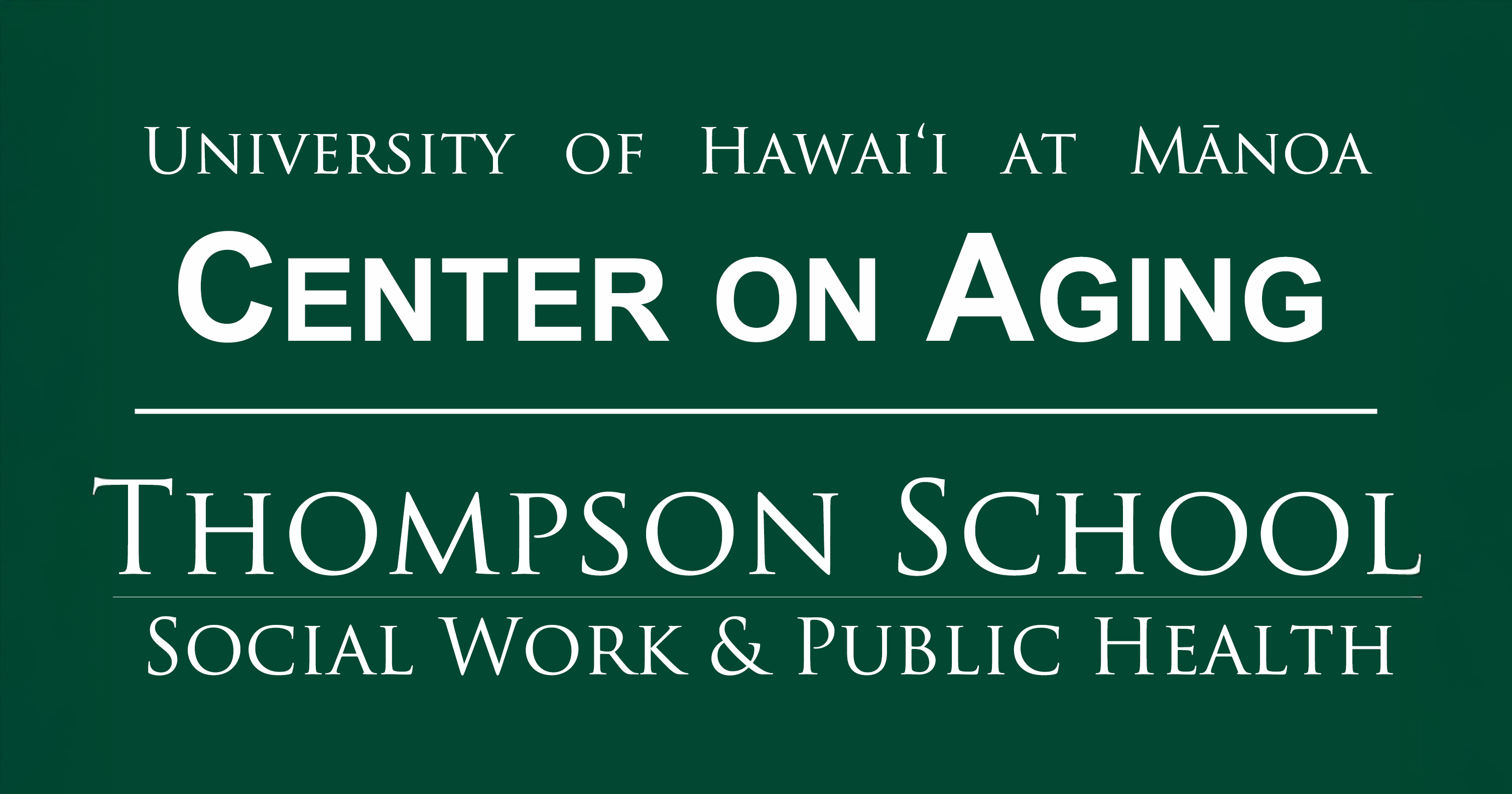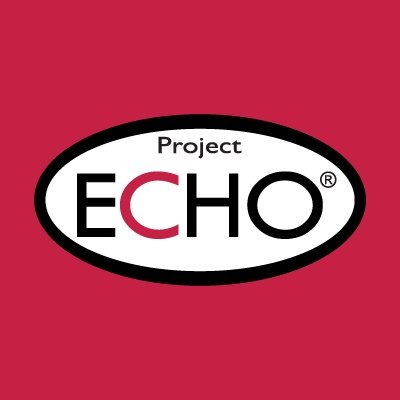
Educational Resources
This is a resource library of educational resources on dementia. There’s so much information out there and it’s hard to know what to trust. These resources have been reviewed by local subject matter experts and added to this searchable and filterable library for your convenience.
Much thanks to Dr. Kevin Kawamoto, the University of Hawai’i Center on Aging, and the Workforce Development workgroup members for putting together this Master Curriculum. The curriculum was designed with an “a la carte” model in mind, allowing educators and trainers to choose which items would be most suitable and appropriate for their particular audiences. Click here for the full document or scroll down to search for the topic you’d like to learn about.
Resource Library
Dementia Friendly America
- Type: Dementia Friendly Neighborhoods
- Prevention Level: Primary, Tertiary
- Material Type: Literature
-
Source:
Dementia Friendly America
Developing a culturally responsive dementia storybook with Native Hawaiian youth
Abstract: Similar to the nation’s majority and racial/ethnic minority populations, Native Hawaiian families provide the bulk of care to loved ones with dementia. Limited research has focused on youth caregivers, who are largely invisible to the eldercare service system. This knowledge gap is especially critical for Native Hawaiians who place a high value on eldercare, often provided in multigenerational homes. To address this gap, we describe the process by which a university-community center developed a culturally responsive storybook on dementia targeted to Native Hawaiian youth. The development process honored community-based participatory research principles grounded in the cultural values and practices of Native Hawaiians, active collaboration of an advisory council, and face-to-face engagement with Native Hawaiian youth. Future directions are shared about culture-based programming and evaluation in dementia care that may be useful in work with other racial/ethnic youth and families.
- Type: Cultural Competency
- Prevention Level: Secondary, Tertiary
- Material Type: Literature
-
Source:
Gerontology & Geriatrics Education, Written by Colette V. Browne, Shelley Muneoka, Lana Sue Ka`opua, Yan Yan Wu, Rachel L. Burrage, Yeonjung Jane Lee, Noreen K. Mokuaua & Kathryn L. Braun.
Diagnosing Alzheimer’s: How Alzheimer’s is Diagnosed?
- Type: How is ADRD Diagnosed?
- Prevention Level: Secondary
- Material Type: Literature
-
Source:
Mayo Clinic
Earlier Diagnosis
- Type: Early Detection
- Prevention Level: Secondary
- Material Type: Literature
-
Source:
Alzheimer’s Association
Economic Burden of Alzheimer Disease and Managed Care Considerations
August, 2020
- Type: Cost Burden to Society
- Prevention Level: Tertiary
- Material Type: Literature
-
Source:
Winston Wong, American Journal of Managed Care
Prevention Levels
The three points of prevention, as defined by the Centers for Disease Control and Prevention (CDC), are:
Primary Prevention
Primary Prevention — or risk reduction — strives to intervene before health effects occur, through measures such as promoting healthy and safe behaviors (e.g., eating well, exercising regularly, not smoking), mandating safe and healthy practices (e.g., use of seatbelts and bike helmets), and limiting exposure to factors associated with a disease or health condition (e.g., asbestos, lead and mercury).
Secondary Prevention
Secondary Prevention — or early detection and diagnosis — aims to identify diseases in the earliest stages, before the onset of more severe symptoms (e.g., increasing awareness of symptoms, promoting early diagnosis and educating health care providers about the benefits of early diagnosis and intervention strategies).
Tertiary Prevention
Tertiary Prevention — or management of comorbidities — involves managing disease post diagnosis to minimize negative health and quality of life effects. Comorbidities occur when a person has more than one disease or condition at the same time. Tertiary prevention is also important when thinking about caregivers, who are influential in managing care and reducing complications, sometimes at the expense of their own health.

“There are opportunities for public health intervention across the dementia life course. The public health community can intervene across the points of prevention — primary, secondary and tertiary — to impact the brain health of the population. The figure shows the potential impact of the different prevention points throughout the continuum of dementia.
Public health action is critical to reduce the risk of mild cognitive impairment, improve access to early detection and diagnosis and improve the safety and quality of care for people living with dementia… In early life and throughout the life course, primary prevention can make a difference in sustaining cognitive function across a population.” For those with Mild Cognitive Impairment, “secondary prevention in the form of early detection and diagnosis is paramount.” “Tertiary prevention strategies can connect the person living with dementia to treatment and support services to help preserve their independence and quality of life for as long as possible.”
– Healthy Brain Initiative: State and Local Road Map for Public Health, 2023-2027
Resources on Dementia for Children
Witnessing a loved one going through changes associated with dementia can be confusing, scary, and alienating for a child, especially when adults don’t effectively communicate what’s going on.
Dr. Kevin Kawamoto compiled a list of children’s book titles with descriptions provided on Amazon.com so that adults can review possible materials that would be suitable for helping to start a conversation with their keiki about dementia.
Learn MoreSupport Groups & Upcoming Events
Learn ways to communicate effectively with people living with dementia. This session will be led by expert local trainer, Dorothy Colby, Certified Positive Approach to Care.
Sign Up for Our Email Newsletter
Receive News, Alerts & Updates via Email



Follow Us on Social Media